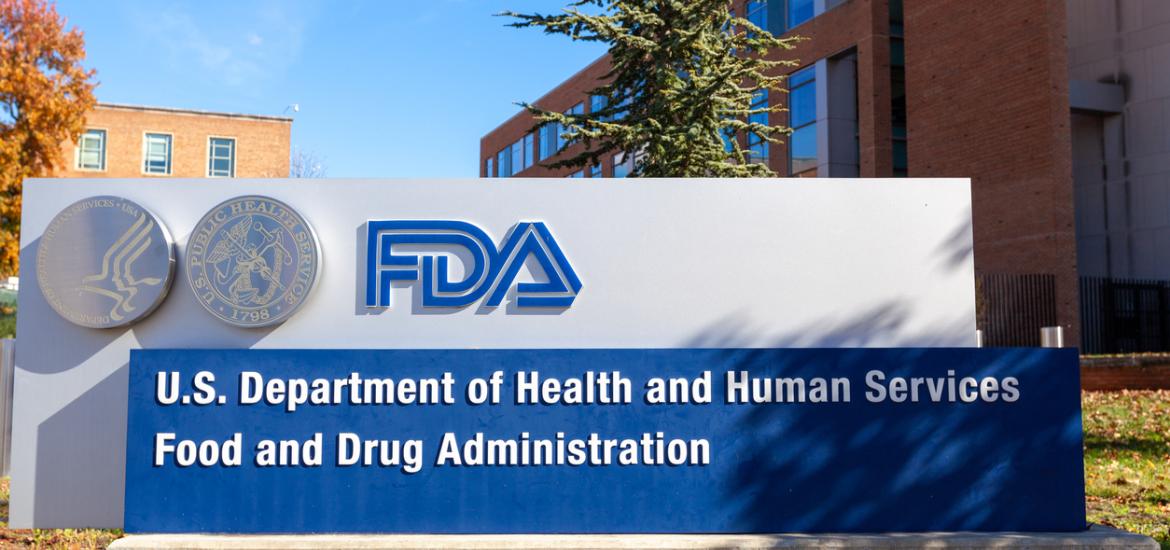
Agenus tries again with the FDA
A July meeting with the FDA could determine whether Agenus’s bot-bal combo has a shot at a 2024 filing.
A July meeting with the FDA could determine whether Agenus’s bot-bal combo has a shot at a 2024 filing.

Having failed to get its anti-PD-1 MAb balstilimab approved for cervical cancer in 2021 Agenus is to try again with the FDA – with a combo and in a different indication. The latest plan is to file balstilimab plus Agenus’s anti-CTLA-4 MAb botensilimab this year in refractory microsatellite-stable (MSS) colorectal cancer, a notoriously hard setting for checkpoint blockade.
“We are absolutely fixated on colorectal cancer right now. Everything else is a little less of a priority,” Agenus’s chief executive, Garo Armen, told analysts on a recent call. The company is armed with impressive phase 1 combo data, but problems include the need to reproduce these in phase 2, and the fact neither botensilimab nor balstilimab is approved standalone.
Moreover, before a filing for accelerated approval can be made Agenus must have a formal end-of-phase-2 FDA meeting, which it recently said would take place in July. The outcome of this, indicating whether the agency agrees with Agenus’s filing plan for bot-bal, is thus the company’s key near-term catalyst.
Strongest hand
Agenus’s strongest hand comes from a 370-patient solid tumour trial, in which 77 patients had MSS colorectal cancer and were given a bot-bal combo including botensilimab at 1mg or 2mg.
The headline number among these is a 23% response rate, and 21.2 months of overall survival, as at a 1 March cutoff disclosed in a 12 April press release. Agenus argues that these data are highly impressive for MSS colorectal – a cancer generally thought to be immunologically “cold”, as opposed to MSI-high/dMMR disease, where Keytruda, Opdivo and Jemperli can be used.
The second key part of the FDA package will comprise results of a global, randomised ph2 bot-bal trial that completed enrolment last October, but from which no data have been revealed. Agenus says results will be submitted to a 2024 medical conference, but that it won’t discuss them until the FDA has had a look; for now all it says is that a March cutoff shows “consistency” with phase 1 at similar follow-up.
Since bot-bal is to be filed for accelerated approval Agenus must commit to a phase 3 confirmatory trial, and it aims to start one this year, and to enrol enough patients to satisfy the FDA at the time of a potential 2025 approval.
Phase 3 will be funded through a deal under which Agenus mortgaged six of its partnered assets, selling an 18.8% royalty and 31.9% of the milestones to Ligand Pharmaceuticals in return for $75-100m. Ligand also stands to receive a 2.6% royalty on bot-bal sales.
How good?
So how strong are Agenus’s data? The company claims that current therapy in MSS colorectal cancer gives an ORR of just 1-6%, with some 12 months’ median OS.
A recent paper from ASCO backs this up, reviewing several checkpoint blocker trials and concluding that there has been “limited to no clinical activity”. Especially relevant comparators for Agenus are PD-1/CTLA-4 combo studies, Opdivo or Imfinzi plus Yervoy or Imjudo, where activity in MSS disease has been described as dismal.
There appears to be no clear explanation why Agenus is succeeding where so many others have failed, however. And critics might point to Agenus’s reluctance to say anything about the more robust phase 2 bot-bal study, which is notable for including a standard-of-care control cohort of Stivarga or trifluridine plus tipiracil.
The phase 2 trial also tests botensilimab monotherapy, designed to show “contribution of components”. This is something the FDA will likely want to see, especially as little is known about the efficacy or safety of the two unapproved Agenus MAbs as monotherapy in MSS colorectal cancer. Notably, however, balstilimab alone isn’t being tested.
Companies typically first shoot for a monotherapy approval in a niche setting, following with combos later, and in 2021 Agenus filed balstilimab for second-line cervical cancer on the back of an uncontrolled trial. But that accelerated pathway closed once Keytruda secured full approval, and the filing was pulled.
Now the agency will determine whether Agenus’s plan B has a chance.
Cross-trial comparison in chemo-refractory MSS colorectal cancer
| Study | Treatment | ORR | mOS |
|---|---|---|---|
| Checkmate-142* | Opdivo + Yervoy | NA** | |
| CCRG CO.26^ | Imfinzi + Imjudo | 1% (n=119) | 6.6mth |
| Imblaze-370^^ | Tecentriq | 2% (n=90) | 7.1mth |
| Stivarga | 2% (n=90) | 8.5mth | |
| Keynote-016~ | Keytruda | 0% (n=18) | 5.0mth |
| Leap-005 | Keytruda + Lenvima | 22% (n=32) | 7.5mth |
| C-800-01 (ph1) | Balstilimab + botensilimab~~ | 23% (n=77) | 21.2mth |
| C-800-25 (ph2) | Botensilimab +/- balstilimab | Not disclosed | |
Notes: *backed approval in 2nd-line MSI-H/dMMR colorectal cancer; **mPFS was 1.4mth (n=23); ^1 pt was MSI-H, 1 pt had unknown microsatellite status; ^^3 pts were MSI-H, 4 pts had unknown microsatellite status; ~backed approval in MSI-H/dMMR solid tumours; ~~no responses in MSS colorectal cancer treated with botensilimab monotherapy. Source: ASCO & OncologyPipeline.
2629













